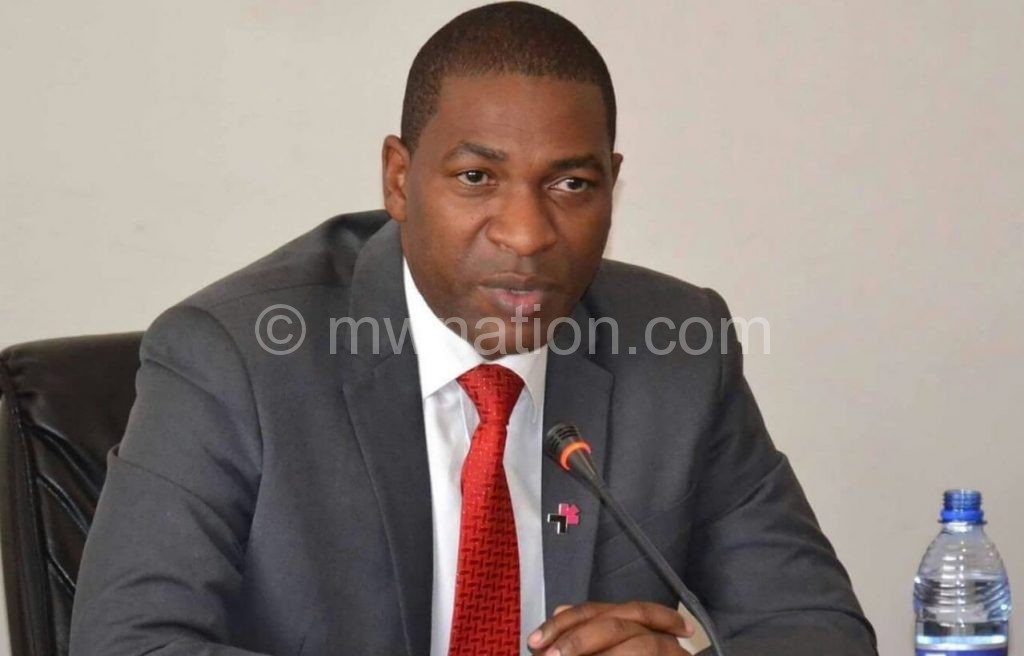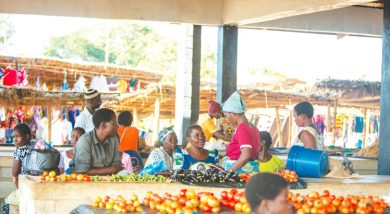825 000 yet to get AIP inputs
Ministry of Agriculture says at least 66 percent of the 2.5 million beneficiaries of the Affordable Inputs Programme (AIP) have redeemed their inputs, meaning 825 000 are yet to access maize seed and fertiliser.
The development should stir panic among farmers as the maize growing season is almost half way and some of the fertiliser, especially for basal dressing, is required within the first seven days of planting.

But in an interview on Tuesday, Minister of Agriculture Sam Kawale said redemption will only be concluded when all beneficiaries have accessed inputs.
He said additional inputs will soon be in transit to Malawi as the process of offloading 20 000 metric tonnes (MT) of NPK fertiliser donated by Russia through the World Food Programme has also commenced in Mozambique.
Kawale said: “The offloading which started some two days ago was expected to take between seven to eight days, but it may end a little earlier.
“The bagging and transferring of the cargo from Beira to Malawi will commence immediately after finishing the bagging.”
On Tuesday, Malawi High Commissioner to Mozambique Wezi Moyo said they expect the fertiliser to be in the country during the first week of February.
She said: “We reported that a priority discharge of the Vessel MV Greenwich was granted by the Minister of Transport in Mozambique [Mateus Magala] following our plea to him and testimony to our growing bilateral friendship. This vessel was otherwise scheduled to discharge in February.

“Discharging cargo of that volume normally takes seven days if there are no disturbances like rain. We should, therefore, begin receiving the fertiliser in the first week of February.”
But Malawi Agriculture Policy Advancement and Transformation Agenda Institute executive director William Chadza recently expressed fear that the late fertiliser application may negatively affect crop yield.
He said: “If fertiliser stocks are not adequate and there are delays in deliveries when maize has grown fast, such challenges will have an impact on the effectiveness of fertiliser.”
Farmers Union of Malawi chief executive officer Jacob Nyirongo also agreed that AIP delays would lead to low maize yield.
“The delays are costly as government has spent money on the farm inputs and yet output will be lower due to late application of fertilisers,” he said.
Revelations that some fertiliser is yet to be delivered as about 825 000 beneficiaries wait in the wings, comes a fortnight after Ministry of Agriculture Principal Secretary (Technical Services) Medrina Mloza Banda assured that there was enough fertiliser in Smallholder Farmers Fertiliser Revolving Fund of Malawi warehouses in Blantyre, Lilongwe and Mzuzu.
She said: “Ten thousand metric tonnes was donated by Morocco as raw material to be blended to make 52 000 MT of fertiliser and we had another 20 000 MT of fertiliser, which is a loan from African Development Bank (AfDB) and that gives us about 70 000 MT.
“The 2.5 million beneficiaries require about 250 000 MT of fertiliser so if you subtract the 70 000 MT, the remainder is what government bought.”
But in an earlier interview, agricultural economist Henry Kamkwamba said government missed out big time on targeting which has made AIP to be more of a social protection programme and straying from boosting effective demand for affordable inputs.
In the 2022/23 season, the number of AIP beneficiaries was reduced to 2.5 million from 3.7 million the previous season. This season’s programme was allocated K109 billion.





